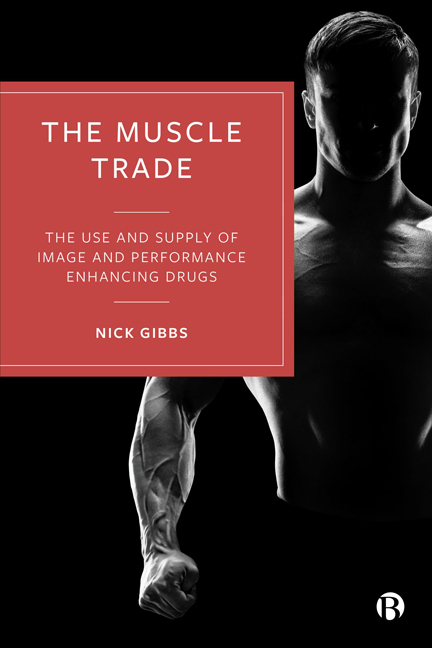Book contents
3 - Reimagining the Health and Fitness Industry as a Site of Deviant Leisure
Published online by Cambridge University Press: 28 March 2024
Summary
Introduction
Having established the context underlying the work, it is now time to introduce the ontological and epistemic commitments underpinning this monograph. The following chapter will first introduce the schools of ultra-realism and deviant leisure before embarking on a critical exploration of the health and fitness industry. Drawing on these frameworks, the tide of commercialization that has swept up the world of fitness will be unpacked and the manifestation of this broader trend in my offline fieldsites will be explored. The gym as a social arena will then be examined in the local context before the authenticity of these fraternal bonds will be questioned. Finally, the idea of gym-based bodily labour will be introduced and analysed.
Deaptation, theoretical stagnation, and the need for revitalization
Before shedding light on the ontological underpinnings of this monograph, it is important to present the abject philosophical landscape which precipitated the conception of ultra-realism, the theoretical lens through which this book is framed. Critiquing the discipline of criminology, Hall and Winlow (2015) propose that the subject’s theoretical canon is not simply deficient at the level of analysis, but instead the discipline is fundamentally premised upon several problematic conceptions of human nature, which fail to capture the essence of the subject in contemporary society (Kotzé, 2019; Hall, 2020). This is important to note, given this book’s aim of exploring the use and supply of IPEDs in a fundamentally innovative manner.
Hall and Winlow evoke Johnston’s (2008) concept of deaptation to describe how the same paradigms are continuously lent upon by criminological scholars, despite the dramatically altered socio-political backdrop of contemporary crime and harm. Many of the theoretical bastions of criminology were conceived in the 1960s or earlier, and therefore continuing to rely upon such explanations in the contemporary world has created something of a slow puncture, whereby a constant repurposing of the ‘tried and tested’ theories is deflating the discipline’s analytical potential.
Hall and Winlow (2015) contend that current criminological theory can be characterized as a dualism of classical liberalism (currently manifested as right realism) versus left liberalism. The former of these paints the subject as always capable of deviance and in need of control (see for example, Clarke and Cornish, 1985; Hirschi, 1998), while the latter understands them as oppressed but innately good, valorizing the concept of resistance and transgressive agency (see Ferrell, 1999).
- Type
- Chapter
- Information
- The Muscle TradeThe Use and Supply of Image and Performance Enhancing Drugs, pp. 32 - 54Publisher: Bristol University PressPrint publication year: 2023



